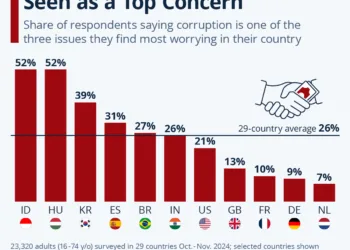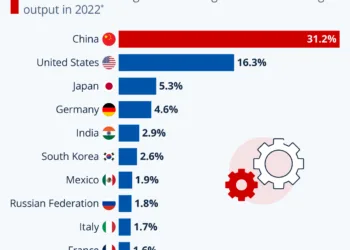Understanding the Current State of Malaria Worldwide
Malaria, a life-threatening disease caused by parasites transmitted through the bites of infected mosquitoes, has been a significant public health challenge for decades. Despite significant advancements in prevention, treatment, and awareness, malaria remains endemic in several parts of the world. The World Health Organization (WHO) reports highlight the current status of malaria, revealing both progress and challenges that persist in the fight against this disease.
Progress in the Fight Against Malaria
Decline in Endemic Countries
Over the past two decades, there has been notable progress in reducing the number of malaria-endemic countries. In 2000, there were 108 countries reporting endemic malaria cases; however, this number dropped to 83 by 2023. This decline is a testament to the effectiveness of global and local health initiatives aimed at combating malaria.
Milestones Achieved
Timor-Leste and Saudi Arabia have made significant strides by maintaining zero indigenous malaria cases for three consecutive years. Their success exemplifies the effectiveness of targeted interventions, strong health infrastructure, and community engagement in malaria prevention.
Reduction in Deaths
Another positive trend is the decreasing number of malaria-related deaths. The WHO estimates that the death toll from malaria fell from 897,000 in 2000 to approximately 597,000 in 2022. This substantial reduction underscores the impact of improved diagnostic tools, treatment options, and preventive measures, such as insecticide-treated bed nets and indoor residual spraying.
Rising Malaria Cases
An Upsurge in Recent Years
Despite the notable advancements, there has been a concerning increase in the number of malaria cases globally. From 249 million cases reported in 2022, the figure surged to 263 million in 2023. This uptick calls for urgent action and renewed commitment from world leaders and health authorities.
Regional Disparities
The data reveal that the most significant burden of malaria cases is concentrated in specific regions. Nigeria leads with a staggering 68.1 million cases, while the Democratic Republic of the Congo follows with approximately 33.1 million cases. These concentrated case numbers highlight the urgent need for targeted interventions in these high-burden countries.
Regional Breakdowns of Malaria Impact
Africa: The Epicenter of Malaria
The WHO African Region remains the hardest hit by malaria, accounting for an alarming 95 percent of global malaria deaths. The region faces unique challenges, including infrastructural issues, limited access to healthcare, and socio-economic factors that exacerbate the prevalence of the disease.
South-East Asia: A Mixed Picture
In 2023, the WHO South-East Asia Region had eight countries reporting malaria cases. India emerged as the region’s most affected nation, with over two million cases, constituting half of the cases in the area. Indonesia followed with approximately 1.1 million cases. However, progress is evident as malaria deaths in this region have significantly decreased from about 35,000 in 2000 to just 6,000 in 2023, reflecting a remarkable drop of 82.9 percent.
Community and Global Health Initiatives
The Role of Education and Awareness
One of the critical aspects of combating malaria is enhancing education and awareness within affected communities. Health education programs are essential to equip individuals with information about prevention methods, symptoms recognition, and the importance of timely treatment.
Collaborative Efforts
Global initiatives, such as the Roll Back Malaria Partnership and the Global Fund, play a crucial role in mobilizing resources, funding research, and promoting innovative strategies to eliminate malaria. Collaboration between nations, NGOs, and local communities is vital for achieving sustained progress in combating this disease.
Importance of Research and Innovation
Continued investment in research and development is necessary to discover new treatments, vaccines, and diagnostic tools. The introduction of innovative solutions, such as genetically modified mosquitoes and new anti-malarial drugs, could revolutionize the fight against malaria in the coming years.
Conclusion
The battle against malaria is ongoing, and while the progress made thus far is commendable, it is crucial to remain vigilant and committed to reducing the disease’s burden globally. By addressing the challenges head-on and leveraging successes from various regions, the global community can work towards the eventual eradication of malaria.












